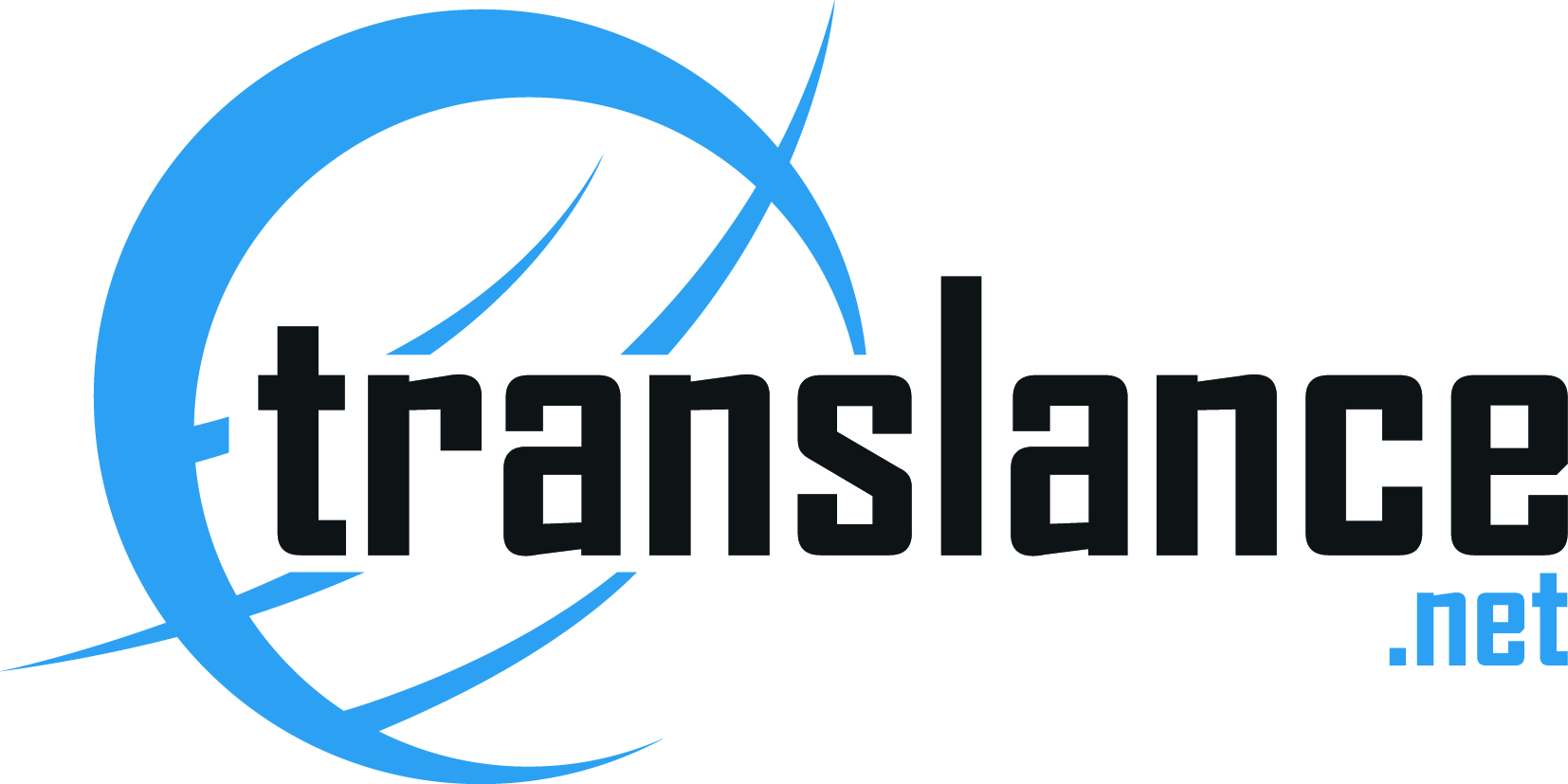The universe of translation can be a confounding spot, particularly in case you're the one doing the purchasing for the benefit of your organization. Numerous buyers of translation administrations feel like you may when you take your auto to the repairman. How would you truly know what's happening underneath the hood? All things considered, on the off chance that you don't talk the dialect into which you're having something deciphered, how might you gauge quality and consider your merchants responsible?
Because of this marvel, numerous translation purchasers fall back on strategies that may appear to be legitimate to them, yet can really hinder guaranteeing the best quality. Here are ten broad confusions identified with translation that can really accomplish more damage than great:
• Myth #1: Bigger is constantly better. Now and then, individuals imagine that purchasing translation from a substantial organization will show signs of improvement nature of administration. All things considered, if an translation organization has a huge number of interpreters and handles many dialects, this must be an indication of value, isn't that so? Not really. Generalists are not generally superior to pros. On the off chance that you are looking for translation for only one dialect or in a particular industry, you may be in an ideal situation working with a little office or an expert independent interpreter. Huge organizations have their part - more often than not in supporting expansive clients that burn through a huge number of dollars in translation. Similarly as a small van won't not be the perfect auto for a solitary individual without any kids, expansive suppliers are unquestionably not the best answer for each and every sort of undertaking.
• Myth #2: All I require is an interpreter. Indeed, even the best journalists depend on editors, editors, and others to make their work fly off the page. Moreover, an expert translation process regularly includes different gatherings as well. Not exclusively do you require an expert to interpret content, yet as with monolingual composition errands, there normally should be a manager who can survey it. You may even need a different editor and somebody to guarantee legitimate organizing. Working specifically with independent interpreters is a decent technique for specific kinds of tasks, and numerous specialists can prescribe commentators to guarantee that a moment set of eyes checks their work. Notwithstanding, when ventures are more mind boggling - including numerous dialects, content writes, or document positions - an organization is frequently a superior arrangement.
• Myth #3: More interpreters will bring about better quality. After some time, interpreters turn out to be personally acquainted with the composition styles, tone, and informing of their customers. Consider them drivers who turn out to be progressively acquainted with a similar course, and subsequently can drive it all the more capably and rapidly. Interpreters are not compatible. For the most part, if a similar interpreter - or a similar little gathering of interpreters - isn't utilized over and again for ventures, consistency starts to slip, and the translations really solid like they have distinctive voices and styles. In the event that you have repeating ventures, you'll need to make a point to work with a committed group of individuals who turn out to be exceedingly comfortable with your source content, regardless of whether you're working with singular interpreters or an organization that doles out them for your sake.
• Myth #4: Pitting one supplier against another holds quality within proper limits. Numerous purchasers of translation think they are being smart by paying one organization to decipher their substance, and paying a different office to check their work for blunders. There are a few reasons why this approach is a formula for disappointment. In the first place, the focal point of the looking into party moves toward becoming "mistake identification." to demonstrate they are completing a great job, they will regularly signal the same number of "blunders" as they can discover, regardless of whether indeed, a large number of the progressions they are recommending are special. For sure, a few suppliers may trust that on the off chance that they get enough errors, they will be remunerated with the translation work, which is by and large more generously compensated than the quality control work. Second, the client winds up investing a considerable measure of energy intervening between the two gatherings, and many "mistakes" come down to one individual's conclusion versus another's. Third, the whole focal point of the procedure ends up contentious rather than community oriented in nature.
• Myth #5: Getting a "back translation" will guarantee quality. Regularly, translation purchasers believe that they can gauge quality by completing a "visually impaired test." They send a task to one merchant for translation. At that point, they send the finished translation to a different seller, requesting that they make an translation of it once more into the first dialect. Last, they contrast the two forms with perceive how comparative they are. Their supposition is that they can spot mistakes by looking at the variants. In all actuality, this procedure is bound to come up short. Why? Since blunders can be presented anytime simultaneously. On the off chance that the supplier creating the "back translation" commits an error, there will in fact be a distinction between the source and the back-deciphered rendition, however the client will have no capacity to find out the wellspring of the blunder. Likewise with meddlers, back translations are for the most part an irritation to be maintained a strategic distance from.
• Myth #6: Bilingual workers will furnish me with supportive quality criticism. Numerous translation buyers think they have an alternate way to estimating quality - basically ask a bilingual colleague or worker to investigate. In all actuality, this can be similar to asking your uncle, who tinkers with autos in his extra time, to verify whether your technician made your car repairs appropriately. Your uncle knows sufficiently only to be unsafe, however his input may not generally be pertinent or accommodating. He likewise is probably not going to be a specialist in each and every region of auto repair. Essentially, interpreters are experts, while bilinguals are laypeople. The main way bilingual representatives can give accommodating input on translation quality is whether they're given express and concentrated direction on what kinds of things to search for. On the off chance that they're simply asked, "Would you be able to peruse this and reveal to me what you figure?" they won't be in a situation to offer criticism of much esteem.
• Myth #7: Translation quality control functions admirably. For translation quality, the concentrate should be not on quality control (checking for botches) but instead, on quality change (delivering a superior translation from the begin). Might you want to drive an auto off the parcel and after that need to return it seven days after the fact because of maker's imperfections? Or on the other hand, would you like to have an extraordinary auto from the very begin? There are numerous approaches to guarantee a decent translation from the earliest starting point, however boss among them are furnishing the interpreters and editors with the important assets so they can comprehend however much setting as could be expected to reveal the genuine objective of the correspondence. Translation groups who are outfitted with glossaries, style guides, bolster materials, and relevant data can create an translation of considerably higher quality than the individuals who are simply given a content with no foundation.
• Myth #8: My source content has no effect on quality. A substantial level of "translation blunders" are in reality because of source message that is inadequately composed or vague. Consider translation the "paint work" - it can just do as such much to conceal the scratches and defects of the auto underneath it. At the point when a sentence can be comprehended in excess of one way, the interpreter needs to make an informed figure about what the first creator expected. More often than not, interpreters don't have the chance to clear up with the source content creator to discover what the expectation was behind a vague term. They depend on their examination abilities and expert experience to endeavor to make sense of the planned significance, however this isn't alluring, and can clearly prompt an translation that does not have the right stuff - but rather not really because of any blame on the interpreter's part. Correspondence is a two-way road. In the event that the source message isn't clear, the translation regularly won't be either.
• Myth #9: Technology ought to be maintained a strategic distance from. Numerous amateurs to the universe of translation erroneously feel that "translation innovation" alludes to PC produced translation, for example, Google Translate. In established truth, most expert interpreters utilize programming apparatuses that consolidate "translation memory," a database of past translations. Much like auto mechanics today utilize cutting edge programming, interpreters additionally utilize instruments with a specific end goal to guarantee consistency, and to accelerate their work. Translation memory additionally offers another preferred standpoint - it more often than not winds up sparing some cash for the purchaser, since it implies they don't need to pay to decipher a similar sentence or expression again and again. In any content with a great deal of reiteration, translation apparatuses are amazingly useful for guaranteeing quality and consistency. That, as well as these apparatuses are across the board among translation experts, and have been being used for a long time.
• Myth #10: When you request an "translation" you'll get a similar thing from everybody. On the off chance that you see a sign that says "auto wash," does it imply that you will drive through a programmed auto wash, for just the outside of your auto to be cleaned? Is a layer of wax included? Will the inside be vacuumed? Will the seats be wiped down? An "auto wash" can incorporate a wide range of things, contingent upon who is giving it. In like manner, with "translation," an assortment of things could possibly be incorporated. A few suppliers incorporate an expert supervisor and editor straightforwardly in the cost of translation, while others don't. A few organizations will re-design your source archive as a major aspect of the standard rate, while others will charge additional for that. Most suppliers will charge you progressively if your task has a quick pivot time or contains specific substance. Also, the rates will as a rule change starting with one dialect then onto the next, and even starting with one bearing then onto the next (French into English may be evaluated uniquely in contrast to English into French) even with a similar supplier.
The takeaway? Like estimating the nature of somebody's written work, translation quality isn�
 English
English Persian
Persian
